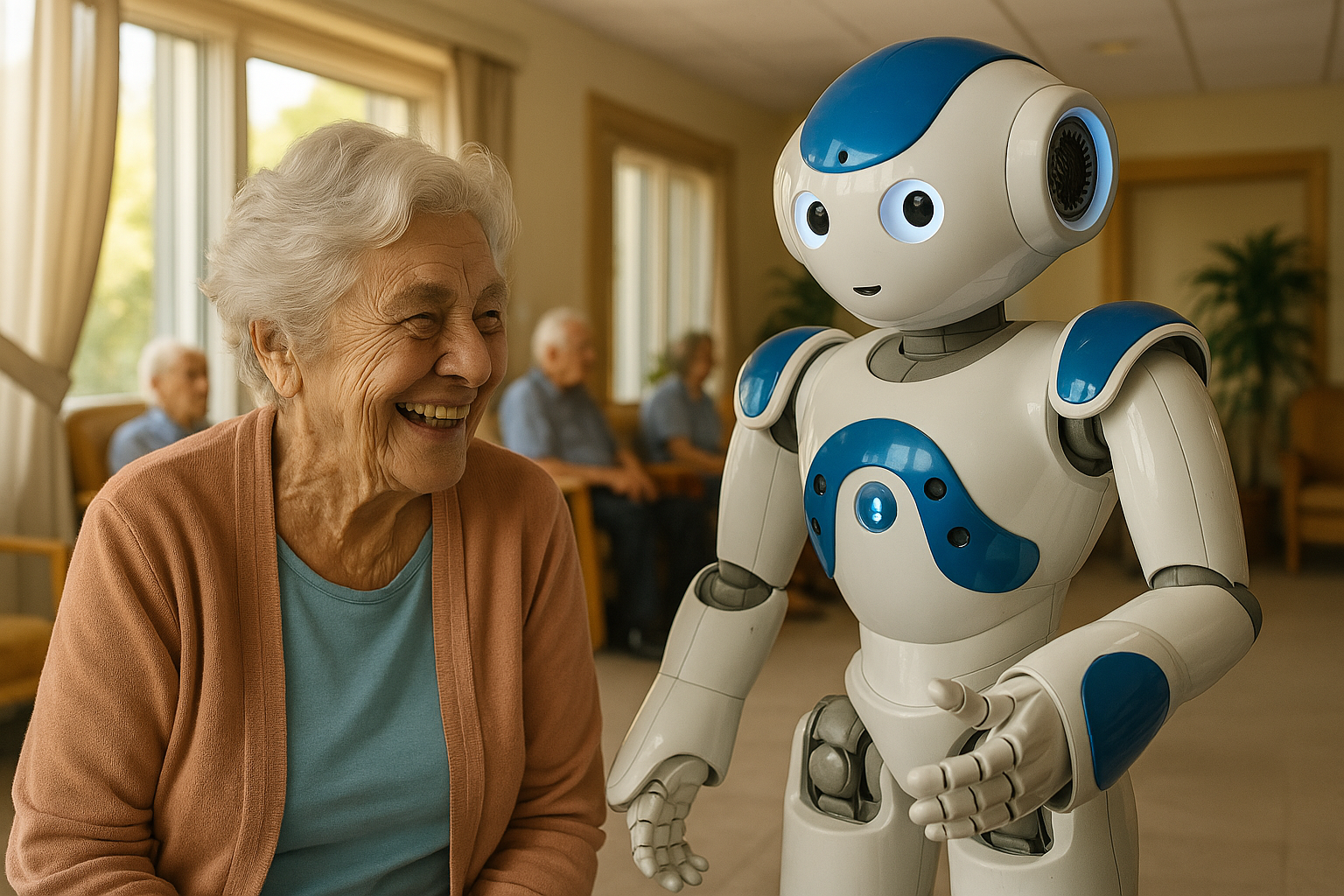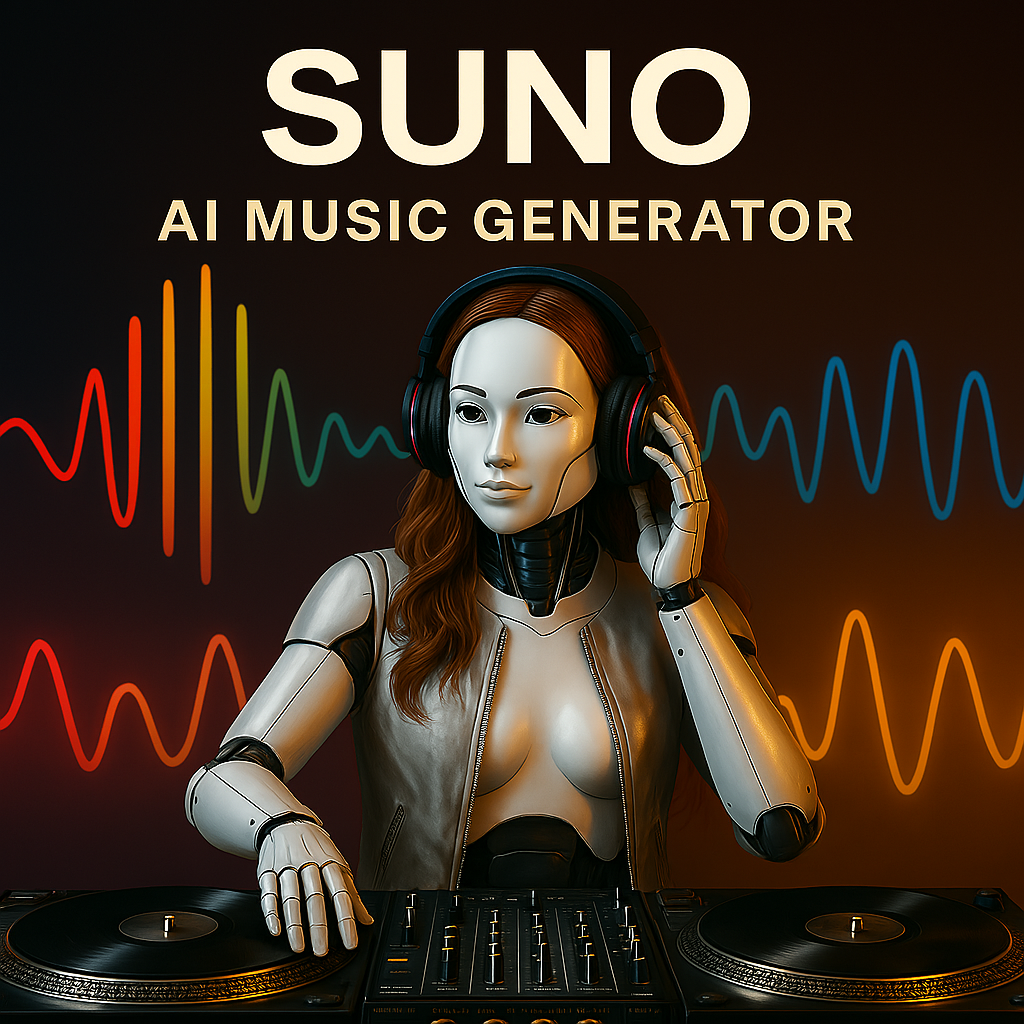URCA Articles
-
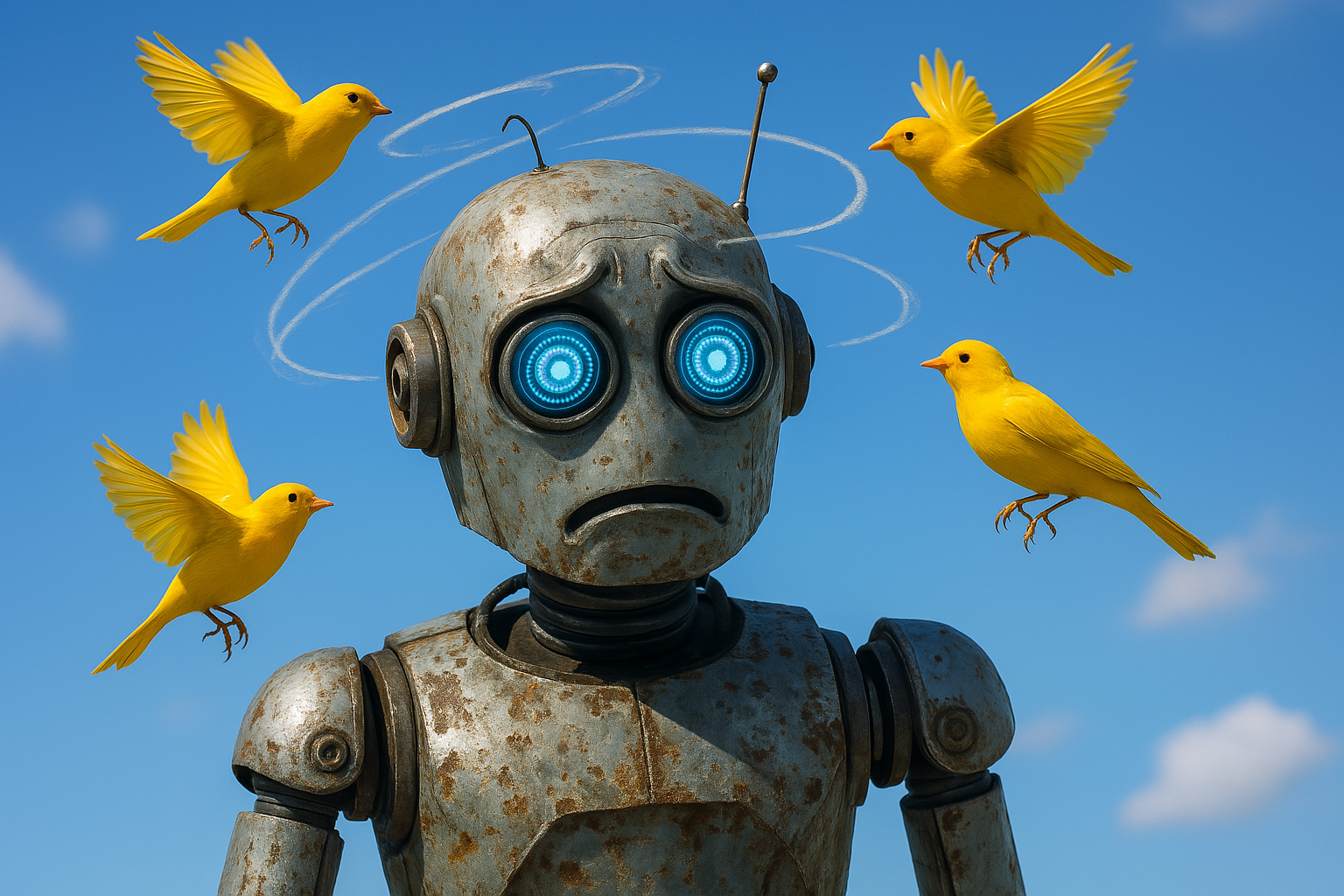
Hallucination in AI
In the field of artificial intelligence (AI), hallucination refers to a phenomenon where an AI system generates output that appears plausible and confident but is actually false, nonsensical, or unsupported by reality). In other words, the AI is effectively “making things up” – providing information or details that were never in its training data or…
-

Artificial Intelligence and the Law: A Global Perspective
Artificial Intelligence (AI) is rapidly transforming society in profound ways, introducing both unprecedented opportunities and complex legal challenges. From questions of liability and accountability when AI systems err, to debates over intellectual property rights for AI-generated creations, to concerns about privacy, bias, and human rights, the intersection of AI and the law is broad and…
-
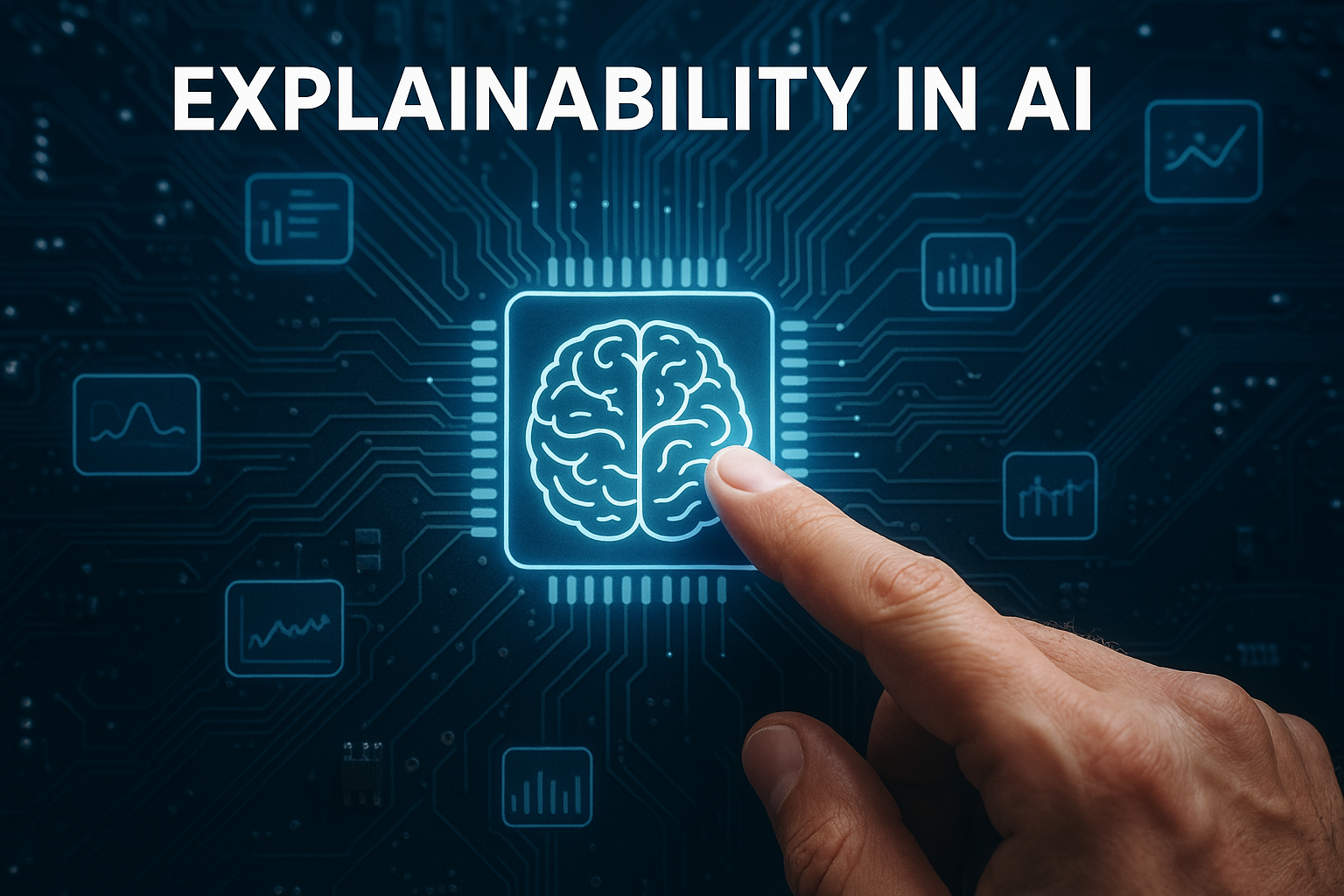
Explainability (in AI)
Definition Explainability in artificial intelligence (AI) refers to the ability of an AI system or model to make its functioning and decision-making processes understandable to humans. In essence, an explainable AI system can provide clear reasons or justifications for its outputs, allowing people to comprehend how and why a particular decision or prediction was made.…
-
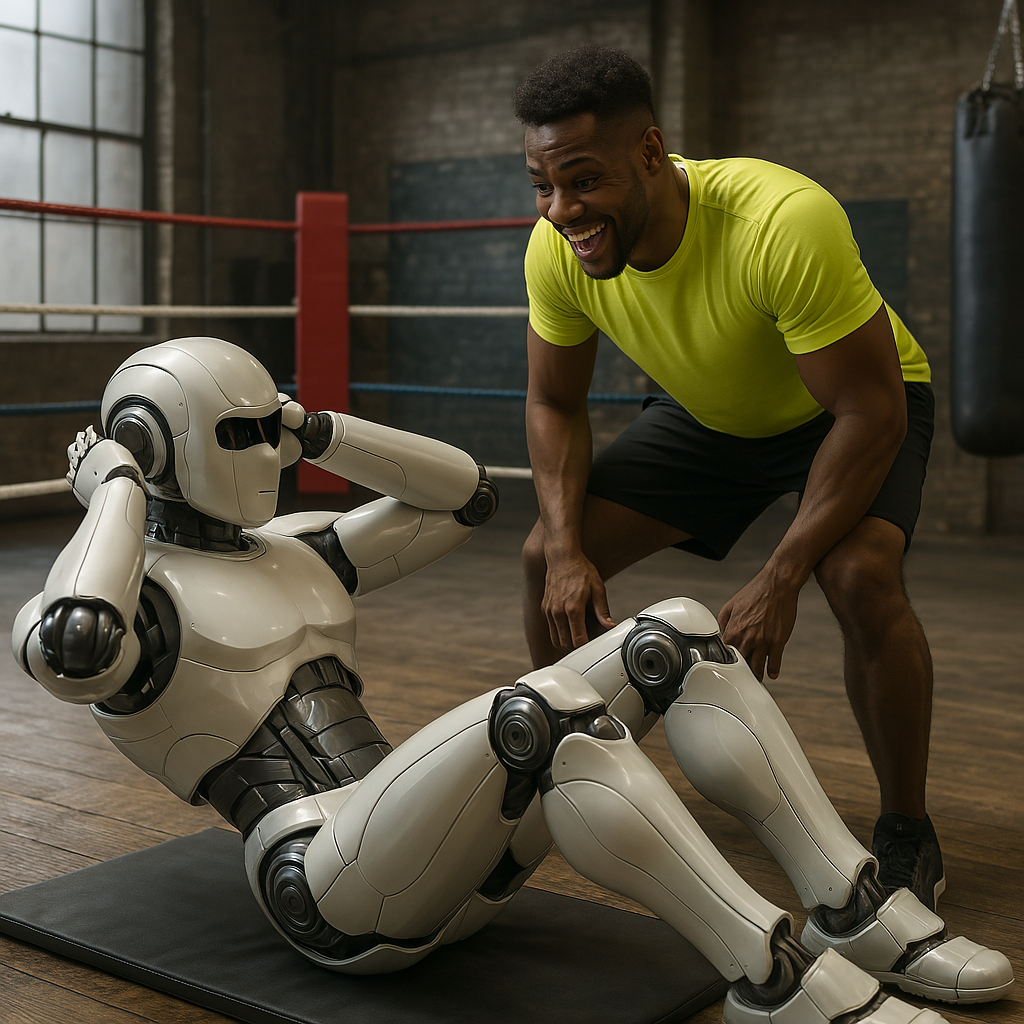
Training Data (Artificial Intelligence)
Training data refers to the dataset used to teach an AI or machine learning model how to recognize patterns, make predictions, or take actions. It is the foundational information that the model learns from, enabling it to gradually improve its performance on a given task. In essence, these are example data points (which can be…
-
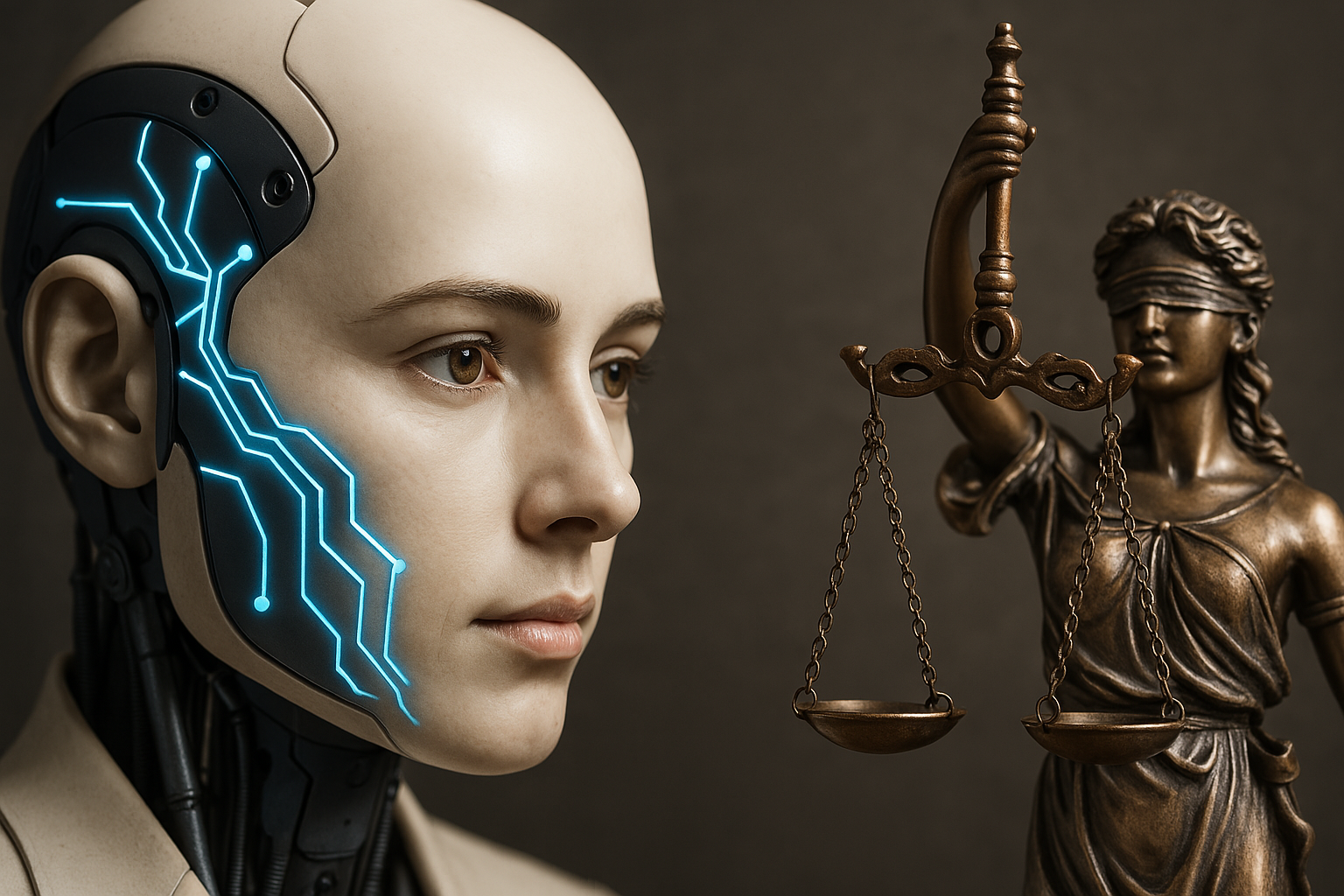
AI Ethics
AI Ethics refers to the field of study and set of practices concerned with the moral principles and societal implications governing the development and use of artificial intelligence (AI) technologies. In essence, AI ethics seeks to ensure that AI systems are designed and deployed in ways that are beneficial, fair, and accountable, while minimizing harm…
-
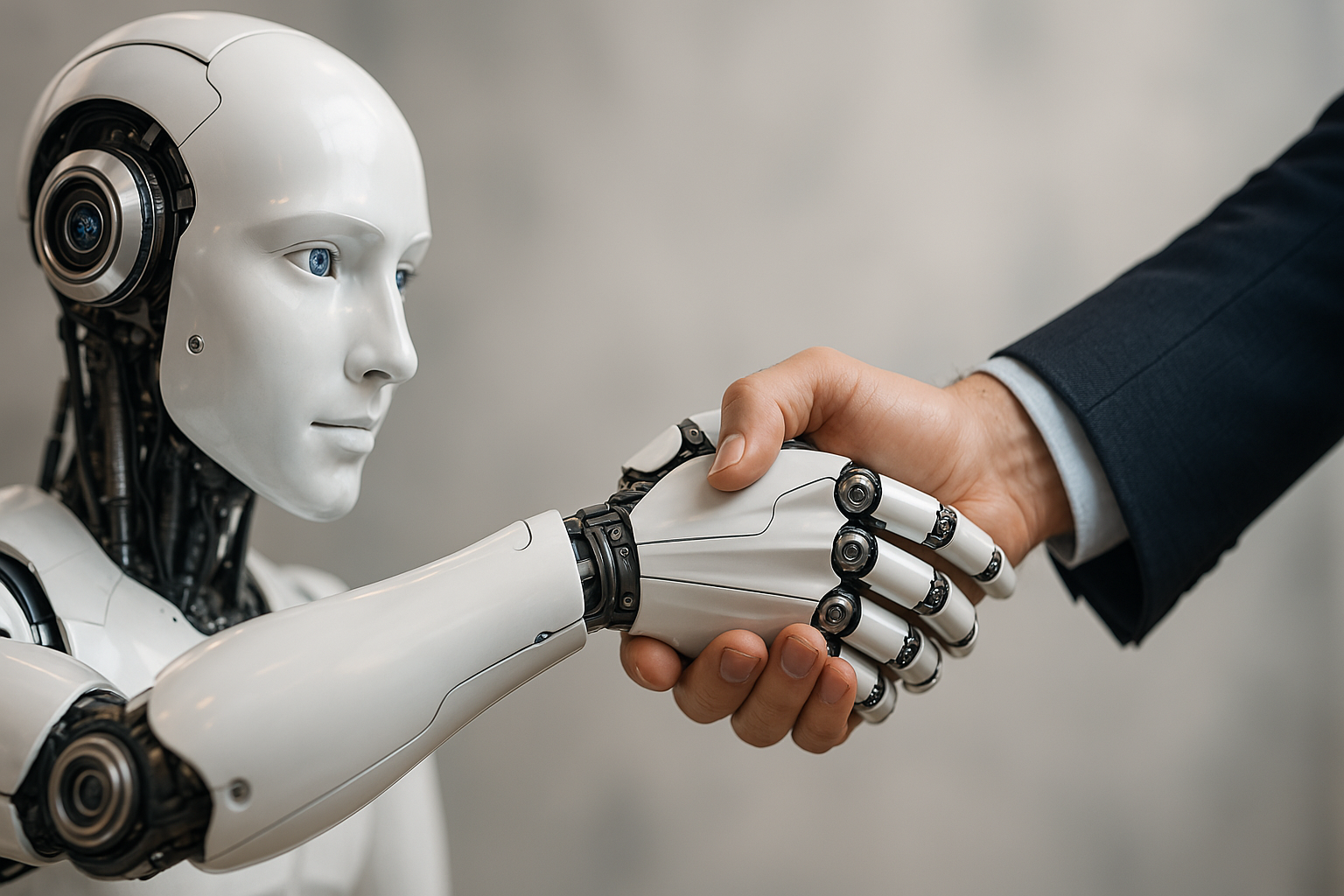
AI Alignment
AI Alignment refers to the process of ensuring that artificial intelligence (AI) systems act in accordance with human values, goals, and ethical principles. In essence, an aligned AI is one that reliably does what we intend it to do and behaves in ways that are beneficial (or at least acceptable) to humans, rather than pursuing…
-
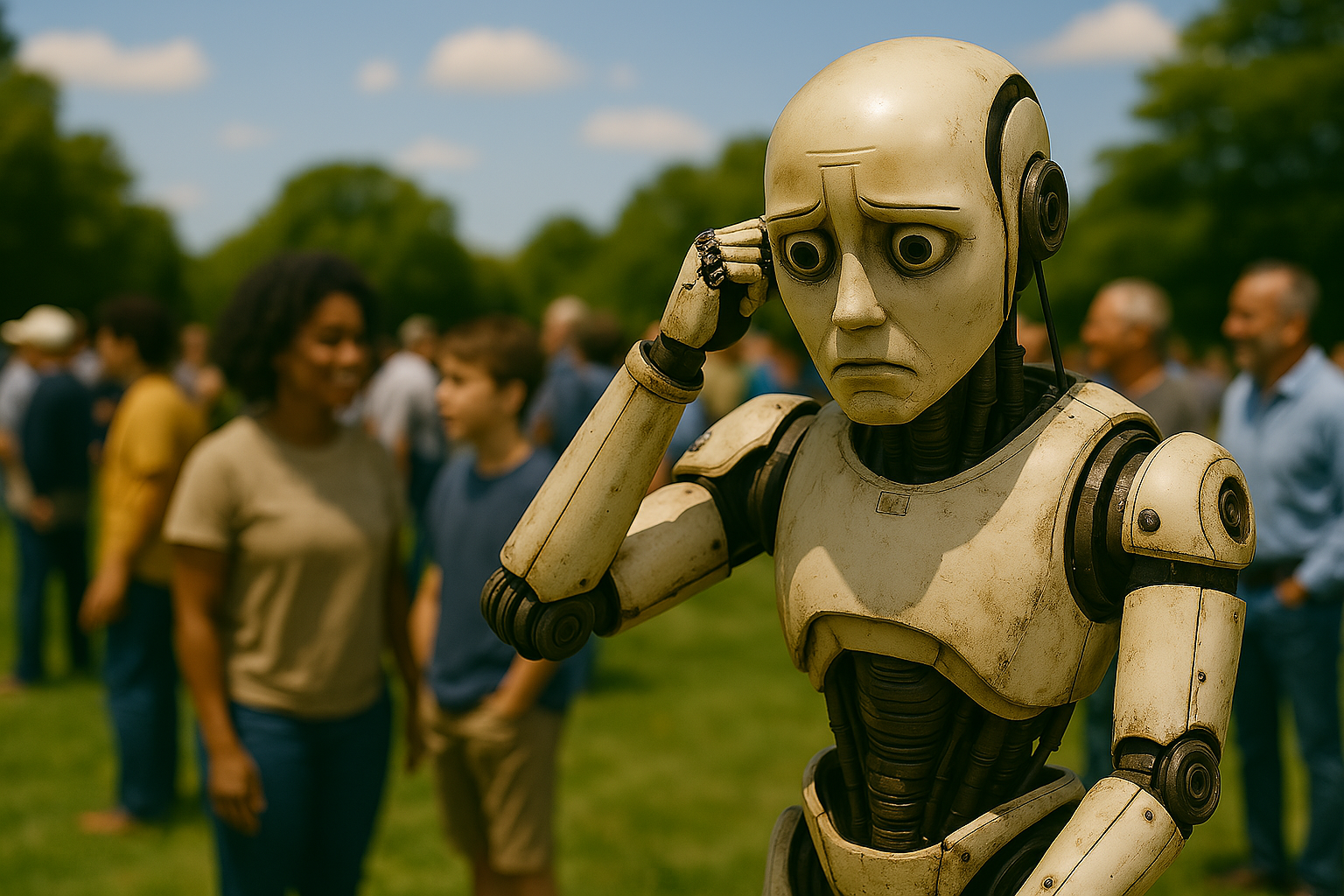
AI Bias
Definition and Explanation of AI Bias AI Bias, also known as algorithmic bias or machine learning bias, refers to the systematic and unfair prejudices or distortions in the outputs of artificial intelligence systems. In essence, it means an AI system is producing results that are skewed or discriminatory against certain individuals or groups. These biased…

